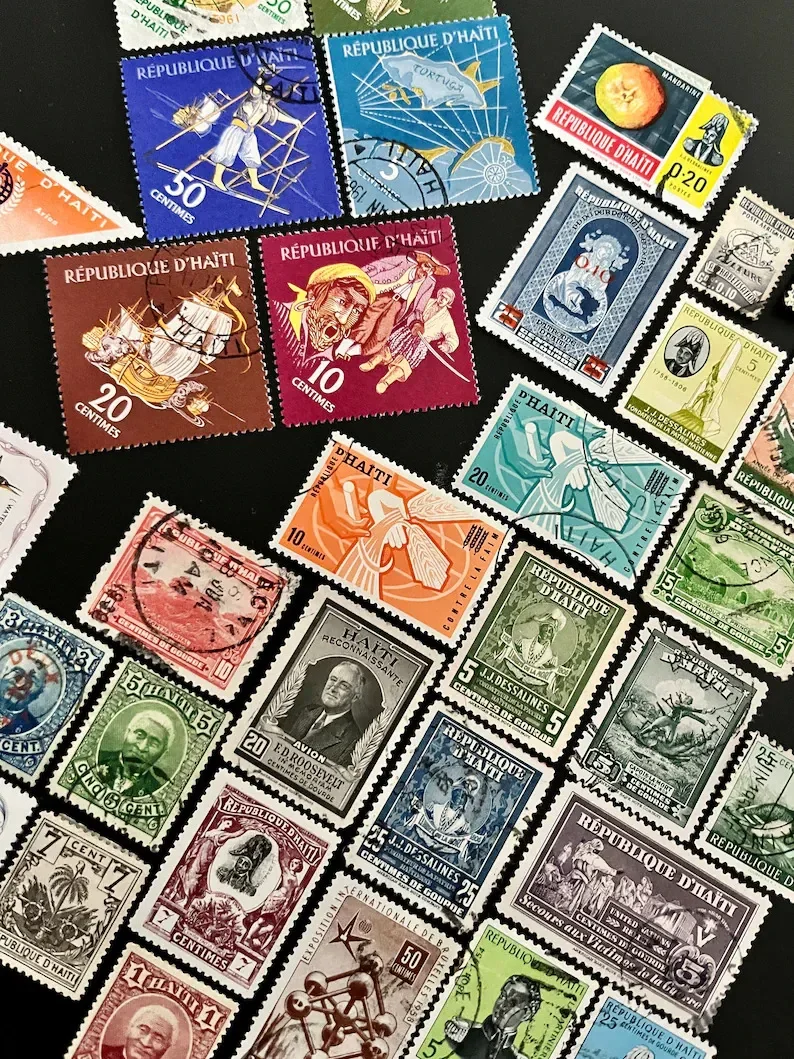Playing the Long Game In Haiti
This edition includes:
Good News from Kaw Academy who is achieving massive results with online tech courses in Kreyòl
Setting realistic fundraising goals
Playing the long game in Haiti
Playing in the AI sandbox
I took this entire edition and put it through Google Notebook LM and out popped what sounds like a podcast between 2 realistic people discussing the article (not a verbatim read). Have a listen.
Kaw Academy’s First Anniversary
This article from Haiti Libre describes the successful first year of Kaw Academy (KAWA), the first Haitian professional school and online learning platform to operate entirely in Kreyòl. The following summary of the article is from Google Gemini AI.
Key Highlights
Massive Reach: In its first 12 months, KAWA reached over 150,000 students across Haiti and its diaspora.
Tangible Results: Students gained skills in areas like digital marketing, web design, and project management, leading to freelance contracts, the launch of small businesses, and international certifications.
Kreyòl as Empowerment: The platform’s success demonstrates that online professional education, when taught in Kreyòl has a direct, positive impact on Haitians, countering the historical stereotype that Kreyòl-based education is “inferior.”
Founder’s Vision: KAWA was conceived by professor and economist Mike Bellot after he was forced into exile in 2021 and continued teaching his students via Zoom, convincing him of the need for an accessible, online platform in the national language.
Industry Backing: The platform is supported by global partners like Google and Microsoft, and its instructors are respected Haitian professionals.
Action-Oriented Pedagogy: Courses feature short video modules, practical assignments, and mini-projects designed to help students immediately build job portfolios, with content adapted for low-bandwidth connections.
Social Impact: In partnership with IMPACT-E, KAWA offers free entrepreneurship courses to young people displaced by gang violence in areas like Cité Soleil, proving its model can build resilience in crisis contexts.
Future Plans: For its second year, KAWA plans to launch a mobile app, create learning centers for low-connectivity regions, and aims to reach 500,000 learners within five years.
KAWA’s core mission is to connect educational content to learners everywhere, turning learning into concrete economic opportunities for Haitians.
Setting Realistic Funding Goals
This is a very deep dive on setting realistic fundraising goals.
I will point our some stumbling blocks for smaller NGOs when it comes to setting goals.
In a nutshell you need 3 years of donor behavior to accurately set a reasonable goal. Avoid looking at supporter behavior in aggregate - separate into one time, sporadic, monthly and sustainers. Examine the behavior of each to get an idea of what’s realistic going forward.
Choosing an unreasonable goal sets up your fund-raising team for failure in and can diminish enthusiasm for the effort by even your best fundraisers.
Acknowledge different part of the team have different strengths in the process and honor those differences. Some may be excellent at analytic research, some at crafting emails, and some at making that personal connection.
A ceiling on the goal is what can your fundraising can steward successfully. This can be simple as determining how many thank you letters you can write with the team you now have in place. If you are a young organization, every donor needs an acknowledgement with a description of the impact their donation has made. This is how you turn one time donors into monthly donors. For a small NGO that is having a hard time keeping up with the thank yous - set up a letter writing night or phone banking event with the board.
Playing the Long Game in Haiti
I was recently talking to some acquaintances about my work in Haiti and received, as usual, confused looks. I got the usual questions and comments about the current state of affairs in Haiti and confusion about why any one with a brain would continue to work for the benefit of Haiti. So I told them I am playing the long game in Haiti because it will be those who live on small island nations who may be the savior of us all in the coming years. Now I had their attention. The climate emergency we are in the midst of is affecting small island nations now. Haiti is considered 3rd most vulnerable country in the world in terms of the effects of the climate emergency. If there can be a silver lining here is that the people most affected by an issue are the ones most likely to have the passion to find a solution. And Haitians certainly have passion. They also have an inordinate passion for education - a good number spending 40% (see below for citation) of their income on getting their children educated - an amount to put those Asian country tigers to shame. So we have passion for education and a passion for keeping their home country live-able - but we need more to make climate solutions. That would be an infrastructure of trades, tech and business training combined with businesses, small and large involved in parts of tech, whether it is in selling it, repairing it, housing it or financing it. An enormous step has been finally introducing quality level tech training in Kreyòl as seen in KAWA academy. Progress!
Fletcher Forum World Affairs January 2011
“The Education of Poverty Rebuilding Haiti’s School System After it’s Total Collapse” by Brendan McNulty
